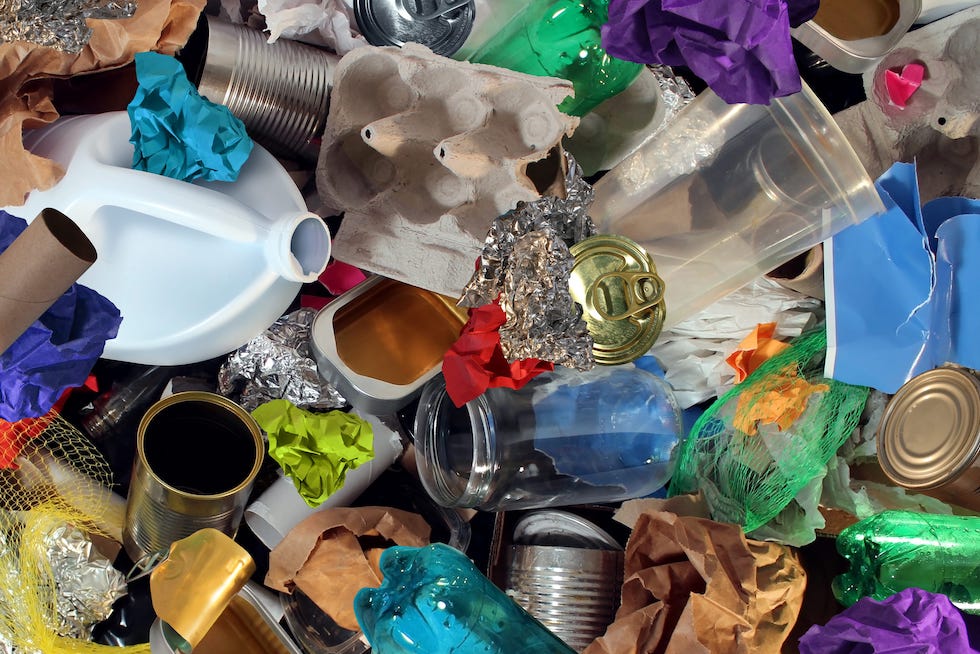From Trash to Treasure: How Recycled Products Promote a Sustainable Future
In a world grappling with the consequences of waste and pollution, the concept of recycling has emerged as a beacon of hope. Transforming discarded materials into valuable products not only addresses environmental concerns but also fosters a sustainable future. This article explores how recycled products play a vital role in promoting sustainability, highlighting their benefits, applications, and the innovative processes behind their creation.
The Importance of Recycling
1. Addressing Waste Management Challenges
As the global population continues to grow, the amount of waste produced has reached unprecedented levels. Landfills are overflowing, and improper waste disposal contributes to pollution, affecting air and water quality. Recycling provides a solution by diverting waste from landfills and repurposing it into new products. This shift not only mitigates waste management challenges but also conserves valuable resources.
2. Environmental Impact
The production of goods from virgin materials often results in significant environmental degradation, including deforestation, habitat destruction, and pollution. By using recycled materials, we can significantly reduce the need for raw materials, conserving ecosystems and minimizing the carbon footprint associated with extraction and manufacturing processes.
The Benefits of Recycled Products
1. Conservation of Natural Resources
Recycled products help conserve natural resources by decreasing the demand for new materials. For example, recycling paper reduces the need for logging, while recycling metals decreases the need for mining. This conservation supports biodiversity and helps preserve our planet’s delicate ecosystems.
2. Energy Efficiency
Manufacturing products from recycled materials typically requires less energy than producing them from raw materials. For instance, recycling aluminum saves up to 95% of the energy needed to create new aluminum from ore. This energy efficiency translates into reduced greenhouse gas emissions, making recycled products a more sustainable choice.
3. Economic Opportunities
The recycling industry creates jobs and stimulates economic growth. From collection and sorting to processing and manufacturing, recycling provides employment opportunities across various sectors. Moreover, as demand for recycled products increases, businesses can benefit from a growing market that values sustainability.
Innovative Applications of Recycled Products
1. Fashion and Textiles
The fashion industry is increasingly embracing recycled materials to create stylish and sustainable clothing and accessories. Recycled fibers, such as those made from plastic bottles or post-consumer textiles, are used to produce everything from t-shirts to handbags. This innovation not only reduces waste but also inspires consumers to choose eco-friendly fashion.
2. Construction Materials
Recycled products are making significant strides in the construction industry. Recycled concrete, glass, and metal are increasingly used in building projects, providing durable and sustainable alternatives to traditional materials. These practices not only reduce construction waste but also lower the environmental impact of new developments.
3. Packaging Solutions
The demand for sustainable packaging has led to the rise of recycled materials in the packaging industry. Many companies now use recycled paper, cardboard, and plastics to create packaging that is both functional and eco-friendly. This shift helps reduce the amount of plastic waste that ends up in landfills and oceans, contributing to a cleaner environment.
The Role of Consumers in Promoting Recycling
1. Making Informed Choices
Consumers play a crucial role in promoting a sustainable future by choosing products made from recycled materials. By supporting brands that prioritize recycling, individuals can encourage companies to adopt more eco-friendly practices and contribute to the circular economy.
2. Participating in Recycling Programs
Engaging in local recycling programs and initiatives is essential for maximizing the benefits of recycling. Properly sorting waste, participating in community clean-up efforts, and educating others about the importance of recycling can create a collective impact that promotes sustainability.
3. Advocating for Policy Change
Consumers can also advocate for policies that support recycling and sustainable practices. By urging local governments and businesses to invest in recycling infrastructure, individuals can help create a more supportive environment for recycling initiatives.
Conclusion
The transformation of waste into valuable recycled products is a powerful example of how we can reimagine our relationship with materials and promote a sustainable future. By conserving natural resources, reducing energy consumption, and fostering economic opportunities, recycled products play a pivotal role in addressing the pressing environmental challenges of our time. As we continue to embrace the philosophy of “from trash to treasure,” we can collectively work towards a more sustainable world where waste is minimized, resources are cherished, and future generations can thrive in a cleaner, healthier environment. Embracing recycling is not just a choice; it is a commitment to protecting our planet for years to come.






